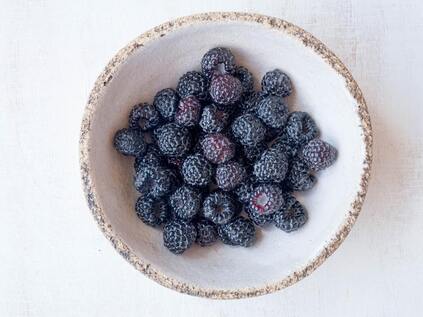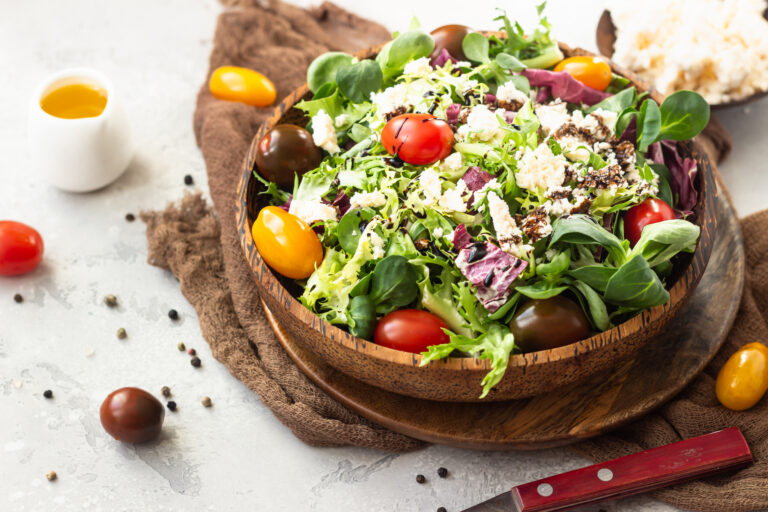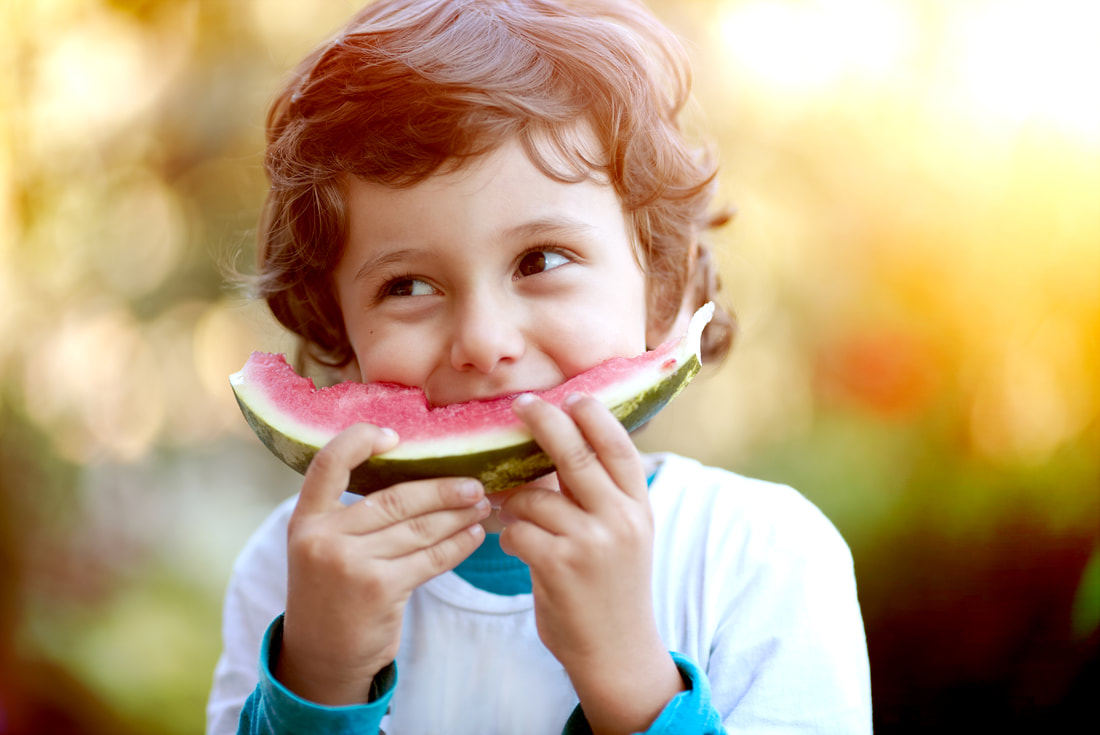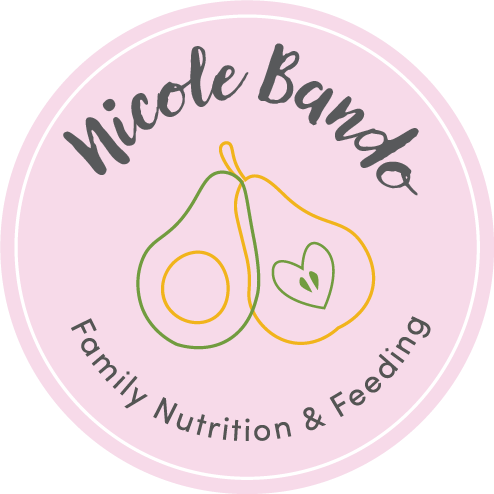Nicole Bando | Dietitian & Lactation Consultant
Search by typing & pressing enter
Search by typing & pressing enter
Search by typing & pressing enter
Nutrition and Breastfeeding Articles

‘It is hard to know what to believe with so much conflicting nutrition
information. I provide you with the latest evidence-based facts.’
Categories


By Nicole Bando, APD & IBCLC, 17th September 2019
Water is vital for all of our body’s basic functions, such as carrying nutrients to cells, regulating body temperature and ensuring healthy bowel motions. I am often asked, how much fluid do children need?
The answer depends on their age, body weight and other factors, such as illness, environment & physical activity levels. My advice is based on a healthy population.
0-6 month old babies need 150mls of fluid per kg per day. Many parents of breastfed babies worry that they can’t quantify how much milk their baby is receiving. There are many ways to tell if a baby is well hydrated, remember that what goes in must come out.
At least 5 heavy wet nappies and multiple soft stools per day are a good indicator that baby is well hydrated. Please note that after about 6 weeks, a breastfed baby poo only once per day. it is also normal for a breastfed baby to last 7-10 days without a bowel motion, this is quite normal if baby is otherwise gaining weight and well. Bottle fed babies may only poo once every 2 or 3 days.
Baby’s skin tone, colouring and alertness is also a good indicator of hydration. Diarrhoea or vomiting increase fluid requirements and increase risk of dehydration at any age, which can be life threatening in children. If your child ever becomes listless, has a depressed fontanelle (soft area on baby’s forehead prior to the bones closing), won’t drink breast milk or formula or becomes unresponsive, seek emergency medical attention.
Both breastfed and formula fed babies are likely to need extra feeds offered in hot weather. A formula fed baby may need additional sterile water, it is best to discuss this with your GP. Breastfed babies do not require additional water, and instead may be offered extra breastfeeds.
Children 6-12 months require 120mls fluid per kilogram per day (e.g. a 9kg baby requires just over 1000mls per day). This includes water consumed from sippy cups, breastmilk, formula, as well as water found in foods.
Basic fluid requirements per day beyond 12 months (+fluid from diet) are listed below:
1-3 years: 1000mls
4-8 years:1200mls
9-13 years: Boys 1600mls, Girls 1400mls
4-18 years: Boys 1900mls, Girls 1600mls
Fluid is defined as anything liquid at room temperature (milk, jelly, yoghurt, custard), it also comes from high water content foods, such as fruit and vegetables. These are difficult to quantify, but they do count towards total fluid intake (in adults up to 20% of total intake). Beyond 12 months, cow’s milk (or alternative) and water are the best drinks for children. Specialised toddler formulae are not required in healthy children. Juices, diet and sugary soft drinks are not recommended to be part of a child’s diet. Many schools now only allow water in the classroom and children are encouraged to drink throughout the day.
If your child is straining, passing hard pellet like stools, or passing urine that is dark and offensive, this can be a sign of inadequate hydration, which can contribute to constipation and other medical concerns. See your GP if you have any concerns and seek help from a Paediatric Dietitian for specialised dietary help if you feel constipation or diet may be an issue.
